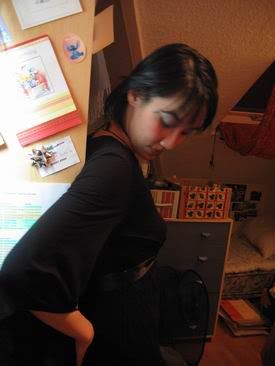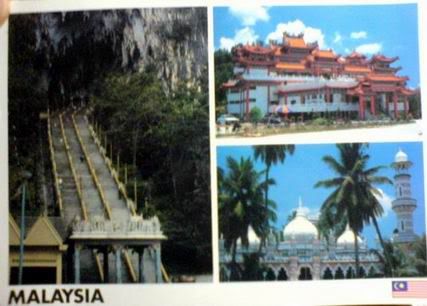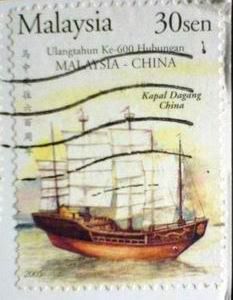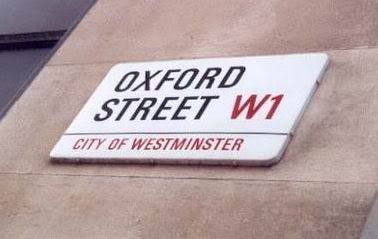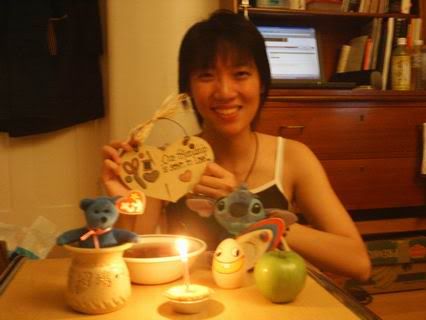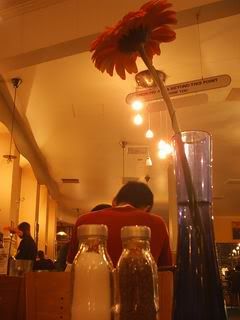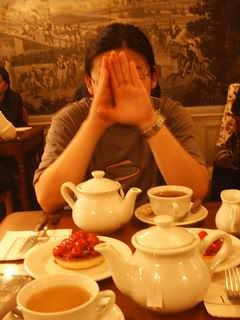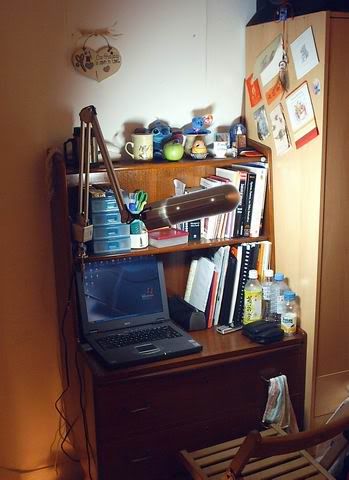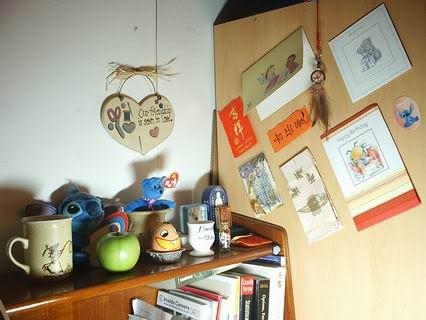We decided to have a walk around our living vicinity to get a feel of the celebration. However, with the population of our area mainly consisting of Turkish and Middle East people, the festive mood is not strong. Instead of getting 'trick or treat', we had nearly been extorted money from some kids, and that's when we decided to head home earlier.
I remembered hearing from a friend that Halloween originated from the Celts' beliefs that every year on the last day of October, the souls of the dead visited the earth. People dress up in costumes and go for trick/treating, costume parades, community parties, etc.
 While the celts started the halloween celebration, other countries have different Fall festivals to honour the deceased. We, chinese, besides having the Grave Sweeping Day (Ching Ming) in April, we have the Hungry Ghost Festival (Taoism) / Yu Lan Pen festival (Buddhism) festival in the 7th month of Lunar calendar. This ancestor-honouring festival which continues for the whole month of the seventh month, centered on the 15th of the seventh month. Unlike Ching Ming which is dedicated to one's own family and ancestors, the Hungry Ghost festival is dedicated to the deads who are not one's own ancestors. Being a festival to commemorates the ancestors, this festival's aim is to pacify the uncared-for and abandoned dead. Scary the name might seem, Hungry Ghost Festival is actually a very compasisonate celebration which encourages filial piety.
While the celts started the halloween celebration, other countries have different Fall festivals to honour the deceased. We, chinese, besides having the Grave Sweeping Day (Ching Ming) in April, we have the Hungry Ghost Festival (Taoism) / Yu Lan Pen festival (Buddhism) festival in the 7th month of Lunar calendar. This ancestor-honouring festival which continues for the whole month of the seventh month, centered on the 15th of the seventh month. Unlike Ching Ming which is dedicated to one's own family and ancestors, the Hungry Ghost festival is dedicated to the deads who are not one's own ancestors. Being a festival to commemorates the ancestors, this festival's aim is to pacify the uncared-for and abandoned dead. Scary the name might seem, Hungry Ghost Festival is actually a very compasisonate celebration which encourages filial piety. In the Buddhists' version of Yu Lan Pen festival, there is a legend of the festival which told about a devout Buddhist monk, Mu Lian, whose mother was suffering in hell due to wrong doings. Mu Lian plead to the Buddha for help to save his mother, and he was taught the Yu Lan Pen canon/ sutra and was instructed to offer this prayer and food on the 15th night of the 7th month. As a result of his devotions and filial piety, his mother was then freed from hell. Since then, Buddhist monks and nuns would chant the Yu Lan Pen sutra to rescue others from hell on the 15th night of the 7th month.
In the Taoisms' version of the Ghost Festival, a more elaborated celebration is observed. The celebration includes special sacrificial ceremonies which involves prayers for the dead and offerings of fruits, sacrifices of animals such as pigs, sheep, chicken and geese. A sacrifical altar and a chair
 is built at street entrances, and in front of the chair sets the statue of the King of Hell Di Zang.
is built at street entrances, and in front of the chair sets the statue of the King of Hell Di Zang.Incense-burning is also another Taoism practise which is seen as a way to transfer 'prosperity' to the dead. In the streets, and altar of incense would be set every 100 paces, with fresh fruits and sacrifices arranged on it.
In places like Hong Kong and Taiwan, people flown water lanterns on lakes/ rivers. Accodring to the Chinese tradition, the lanterns are used to guide the ghost in the dark. The priests will then invite them to attend the next days' feast. In many other places, stages are set up and there are performances of songs and dances, called 'shi ge er', which mean singing ghost songs, to entertain the dead.
I remembered when I was small, I used to feel scared when the Ghost Festival draws near, afraid of being disturbed by wandering spirits. But after growing up and understanding the significance of the festival, I feel so touched that we have this meaningful celebration to show our compassion not only to our ancestors, but to all other deads. Suddenly, the ghostly statues and the weird-tuned songs don't scare me anymore.
